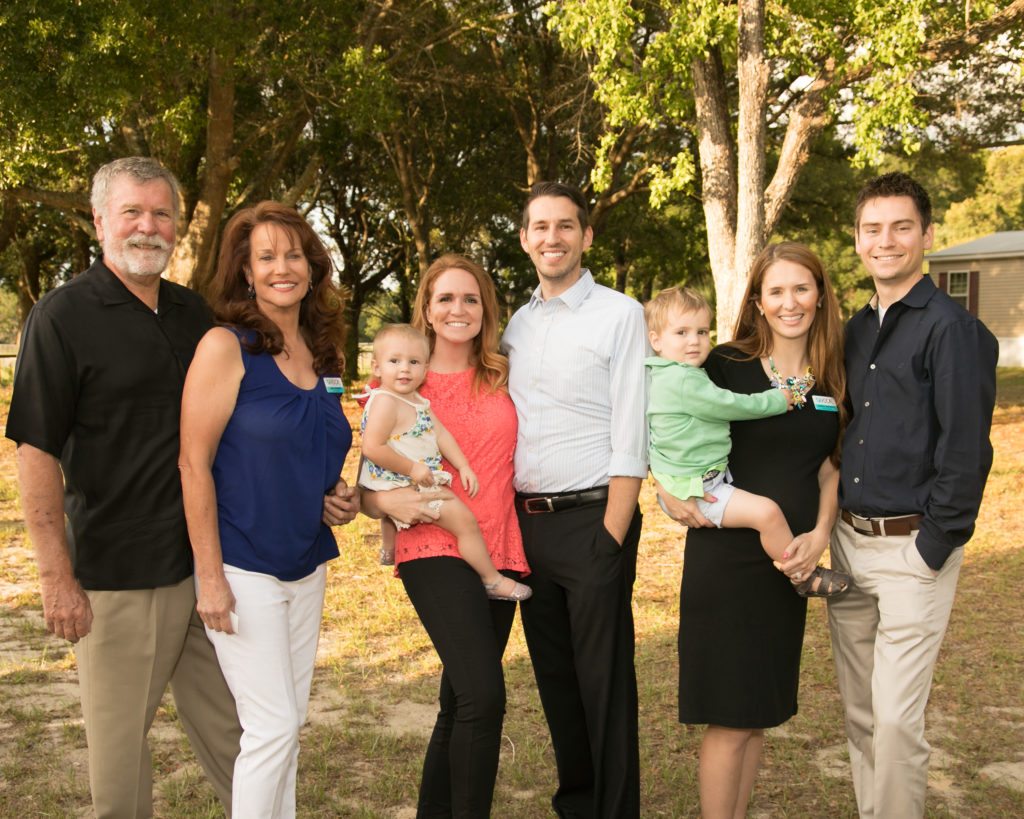A new animal advocate organization embarks on a different path to achieving a no-kill goal.

For Linda Norman, Kate Rengel and Lauren Carpenter, it was time for a new approach to an old problem. The latter being the long-standing dog and cat overpopulation in Ocala and Marion County. The new approach included the trio creating the Voices of Change Animal League (VOCAL), a non-profit 501(c)(3), in January 2015.
“Our end game is for Marion County to become a no-kill community,” says Norman, a longtime animal advocate who spent a decade on the Humane Society of Marion County board. “Other communities have achieved this, including Jacksonville. It’s a multifaceted solution to achieve this goal. But three main components are low-cost spay and neuter services, community-based care for feral cats and collaboration between all the animal welfare groups and our political leaders.”
Addressing the persistent overpopulation issue, Norman says, “The national animal shelter intake average is 14 animals per thousand population. Marion County has an average of 28 animals per thousand population. This is the problem we have to remedy, and making low-cost spay/neuter services available to every citizen in our county is a must.”
VOCAL offers the Tammy Green Daniels Fix the Future Fund, which offers spay and neuter financial assistance to pet owners. In 2016, VOCAL provided financial assistance for 400 animals to be spayed or neutered, including rescues and privately owned pets.
“Right now, we have an arrangement with some local veterinarians who perform the procedures at a reduced rate,” says Norman. “But we are currently working on raising funds to build a clinic at our 22-acre facility. The property was a foreclosed greyhound farm. It was bought and donated to us by an anonymous benefactor.”
VOCAL is being mentored by The Humane Alliance, a consulting arm of the American Society for the Prevention of Cruelty to Animals. The Humane Alliance has opened more than 150 low-cost spay and neuter clinics across the country.
“The Humane Alliance will help us design the clinic and train a full-time paid staff,” said Norman. “They will aid us with buying equipment, as well as low-cost vaccines and other medications through their bulk buying.”
Although VOCAL does house rescued animals at its facility, most are placed in foster homes. Norman notes that “fostered animals have better outcomes when adopted.” Visits to the VOCAL facility are by appointment only, and the adoption process begins on the organization’s website.
“We are currently an all-volunteer organization,” says Norman. “Our volunteers are amazing people who understand our mission. They are dedicated to making Marion County a no-kill community. Together, I know we can achieve this goal.”






